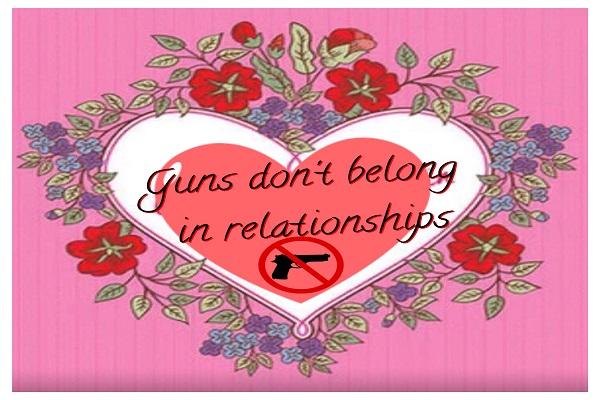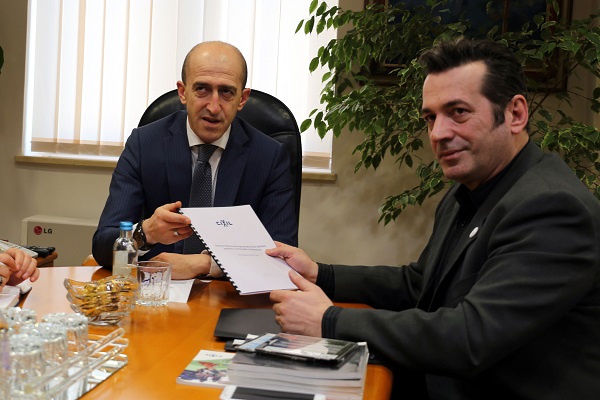The #GunFreeValentine Campaign is an initiative of the IANSA member Gun Free South Africa (GFSA), which has the aim of warning women on the risks of keeping weapons at home, on partner violence, and also on the way the laws can save lives. The campaign is being launched today, on Valentine’s Day (February 14) and ends on International Women’s Day on March 8.
As a long-term members of the International Action Network on Small Arms – IANSA, CIVIL – Center for Freedom supports this campaign and calls on all interested organizations and individuals to also share and support the campaign.
How to join the campaign? Share this photo on the social networks with hashtag #GunFreeValentine #LoveLivesHereGunsDont #DisarmDomesticViolence.
Share a photo of you and your partner with the hashtag #GunFreeValentine #LoveLivesHereGunsDont.
Help in the education of members of your community about the increased risks of keeping weapons at home, and be part of the rejection of the myth that a gun at home makes families safer.
Contact lawmakers in your country and encourage them to bring laws on taking weapons away from perpetrators of domestic violence.
In many countries, having weapons at home is considered as a sign of love, when a person buys a gun to protect his family and his home. The thought that weapons at home makes families safer is just a myth. The Medical Research Council (MRC) in South Africa has found that legally owned weapons are used in 75% of cases in which there is violence and murder against women, and in 60% of these cases the shooting takes place in their own homes.
According to studies in the US, the presence of weapons at home is linked with a three times increased risk of homicide at home compared to homes that do not have weapons. The risk associated with possession of weapons increases up to 8 times when the perpetrator is an intimate partner or a relative of the victim, and is 20 times higher when there is previous domestic violence.
While some countries have poor record of legislation in terms of domestic violence and possession of firearms, others are taking real steps.
In South Africa, for example, the Firearms Control Act and the Domestic Violence Act give women the power to take actions against domestic violence, demanding from the police or court officials to confiscate firearms when the complaint for domestic violence includes weapons.
Maja Ivanovska
















